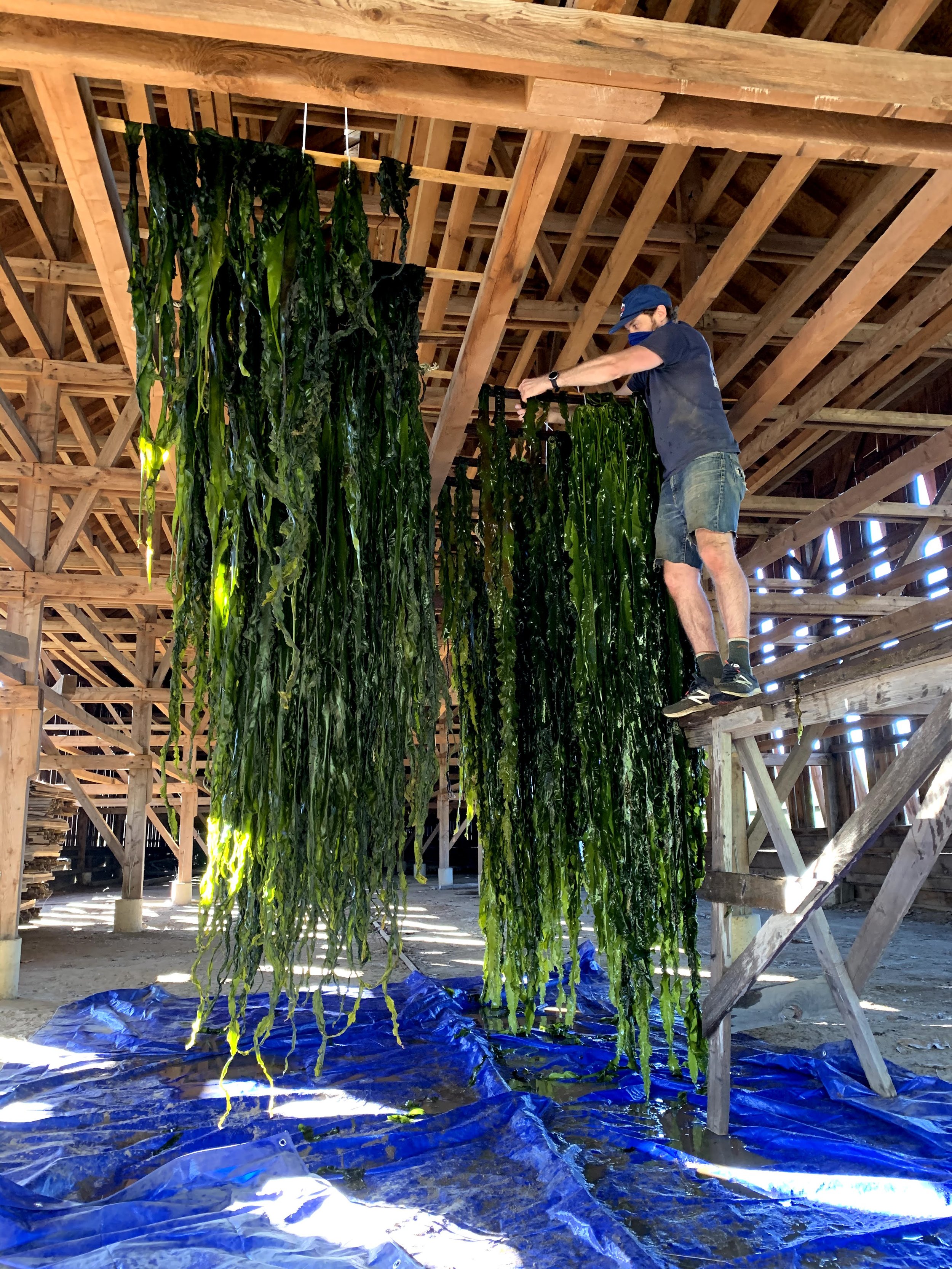Charting New Solutions for Farmers on Land and Sea
With the advent of COVID-19, GreenWave and ocean farmers in southern New England have been exploring ways to extend the window of time farmers have to sell their crop this harvest season.
Earlier this summer, we partnered with the Crop Project, a regional processing company dedicated to supporting regenerative farmers, and Connecticut tobacco farm Thrall Family Malt to experiment with long-term solutions to process post-harvest kelp for future farming seasons.
In a search for affordable, long-term options for drying kelp, GreenWave Market Innovation Strategist Sam Garwin hypothesized that tobacco barns would lend an ideal environment to dehydrate kelp in tobacco’s off season. Red tobacco barns, designed to slowly air cure tobacco leaves, are a landmark of north central Connecticut’s landscape. Successful trials offer short-term options for ocean farmers to achieve low-tech, low-cost post-harvest processing and the opportunity to support land-based agriculture. “Tobacco barns are existing infrastructure in the northeast that are only used for part of the year,” says Sam. “Tobacco farmers could potentially rent out their unused barn space in the future for supplemental income.”
The Connecticut River Valley has a long history as a major tobacco farming hub. Among the remaining pockets of tobacco farms in the area,Thrall Family Malt in Windsor, Connecticut is one of the oldest continuously operating farms in the United States. For 12 generations, the Thrall family has cultivated shade and broadleaf tobacco as their main crop. Recently, farmer Spencer Thrall converted 100 acres of the farm’s tobacco acreage to grains for selling to craft brewers, distilleries, mills, and bakeries. “While tobacco is still our main crop, it’s become hard to compete with farms all over the world producing it at a much more affordable price. We’ve turned to malting grains—barley, wheat, rye—to diversify our income and continue the business,” says Spencer.
“From what I heard about Spencer and his family farm, he seemed like he was committed to innovation and making regional food systems work,” Sam explains. She reached out to Spencer, and found willing partners in Thrall Family Malt. “It was a no brainer,” says Spencer. “Our barns are a good match for what GreenWave wanted to accomplish.”
In mid May, the GreenWave crew harvested kelp from our farm off the coast of Branford, Connecticut, and transported it north to Thrall Family Malt in Windsor for processing. The team blanched and hung the kelp to dry on tobacco laths—horizontal wooden beams traditionally used to attach and dry tobacco leaves. From the initial introduction of the project to the processing trials, Spencer was supportive and interested in the results of figuring out new steps in the kelp supply chain. In addition to volunteering the use of one of his tobacco barns, Spencer had 50-gallon barrels of water delivered for blanching and cooling. “The best part was Spencer’s openness to trying something new,” Sam says. For Spencer, the timing of the kelp harvest lined up perfectly with the vacancy of the tobacco barns. “Our barns are so specialized for tobacco, I never imagined they would be used for kelp. The sheds are packed with tobacco in July and August; I’m glad there’s another potential use for them off season,” Spencer explains.
After two weeks, the kelp dried successfully in the barns at Thrall Family Malt and was sold to Loliware, a New York-based company developing plastic alternatives. “We will continue to explore these partnerships as part of the 2021 market innovation program,” says Sam. “We’re one step closer to facilitating a low-tech drying option for non-food uses for kelp farmers across New England.”
We’re grateful to work with generous partners to test new ideas and discover creative solutions to build the foundation for a thriving blue green economy.



